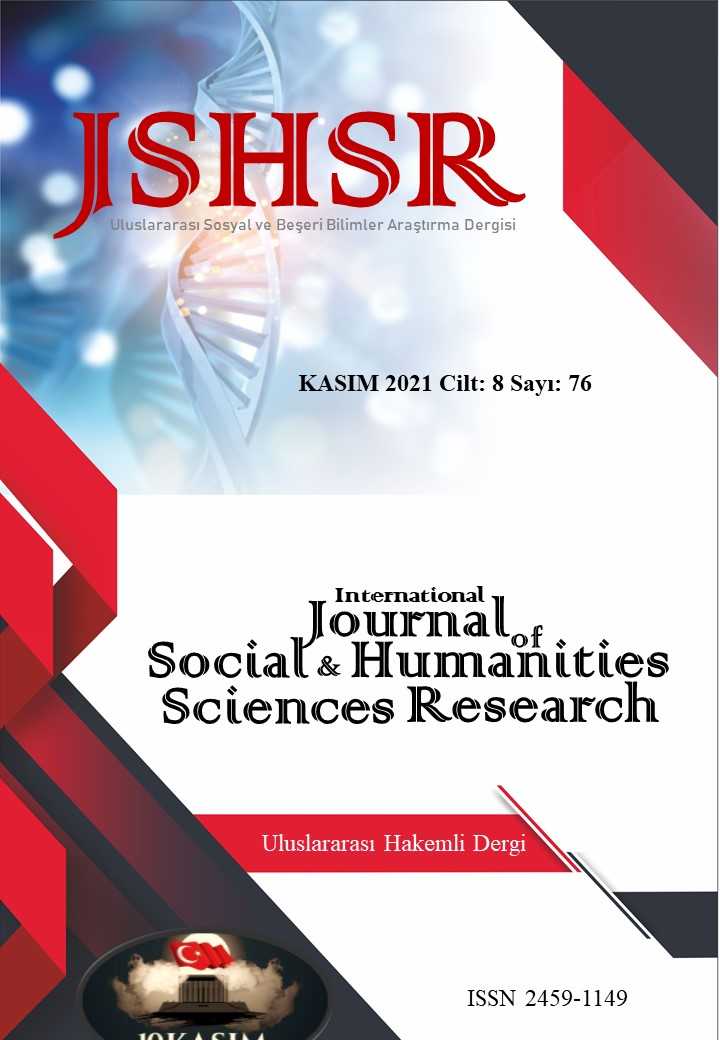FOREIGN BORROWING AND ECONOMIC GROWTH RELATIONSHIP IN DEVELOPING COUNTRIES
DOI:
https://doi.org/10.26450/jshsr.2765Keywords:
Foreign Borrowing, Economic Growth, Developing Countries, Dynamic Panel AnalysisAbstract
Achieving sustainable economic growth is the main economic goal of both developed and developing countries. Applying external borrowing in order to achieve this goal is one of the main areas of interest of academics and policymakers. In developing economies, the inadequacy of savings, capital accumulation, and foreign exchange inflows are considered to be the main obstacles to economic growth. Therefore, borrowing comes to the fore.
Theoretical contributions to the positive effect of foreign resources coming into the country through foreign borrowing on economic growth are basically based on the Harrod-Domar Growth model. These contributions come to the forefront as borrowing enables countries to accumulate capital, accumulate foreign exchange reserves, and close public budget deficits. However, the inability to effectively manage the foreign borrowing process and its use in consumption and speculative areas instead of productive areas will increase the debt burden and cause capital transfer abroad.
The aim of this study is to investigate the relationship between foreign borrowing and economic growth for the period between 2010-2017 for eight developing countries: Mexico, Argentina, Turkey, Brazil, Indonesia, India, Philippines, and Russia. For this purpose, the Dynamic Panel Data Analysis method was used. In the study, the variables of gross domestic product per capita, total foreign debt, real effective exchange rate, terms of foreign trade, foreign trade deficit, savings, fixed capital investments and budget deficit were used.
As a result of the empirical analysis, it was seen that the lagged value of the dependent variable, real effective exchange rate, terms of trade, trade openness, savings, fixed capital investments, and budget deficit variables were statistically highly significant. It has been concluded that variables other than savings have a positive effect on economic growth. In addition, it has been observed that external borrowing has a positive effect on economic growth
Downloads
Published
How to Cite
Issue
Section
License
Copyright (c) 2021 INTERNATIONAL JOURNAL OF SOCIAL HUMANITIES SCIENCES RESEARCH

This work is licensed under a Creative Commons Attribution 4.0 International License.


